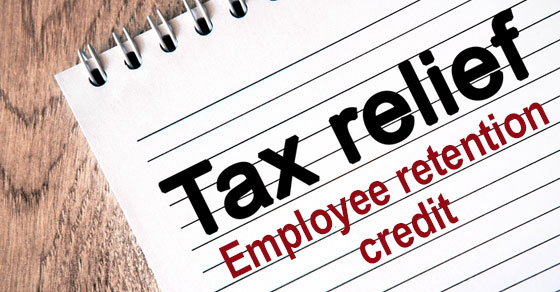
The novel coronavirus (COVID-19) pandemic has forced many of us to work differently — whether it’s isolated at home or in-person wearing facial masks and other protective gear. Even if your not-for-profit’s board of directors usually meets in person, current events strongly suggest the need for a Plan B. Here are some best practices for holding virtual board meetings.



















